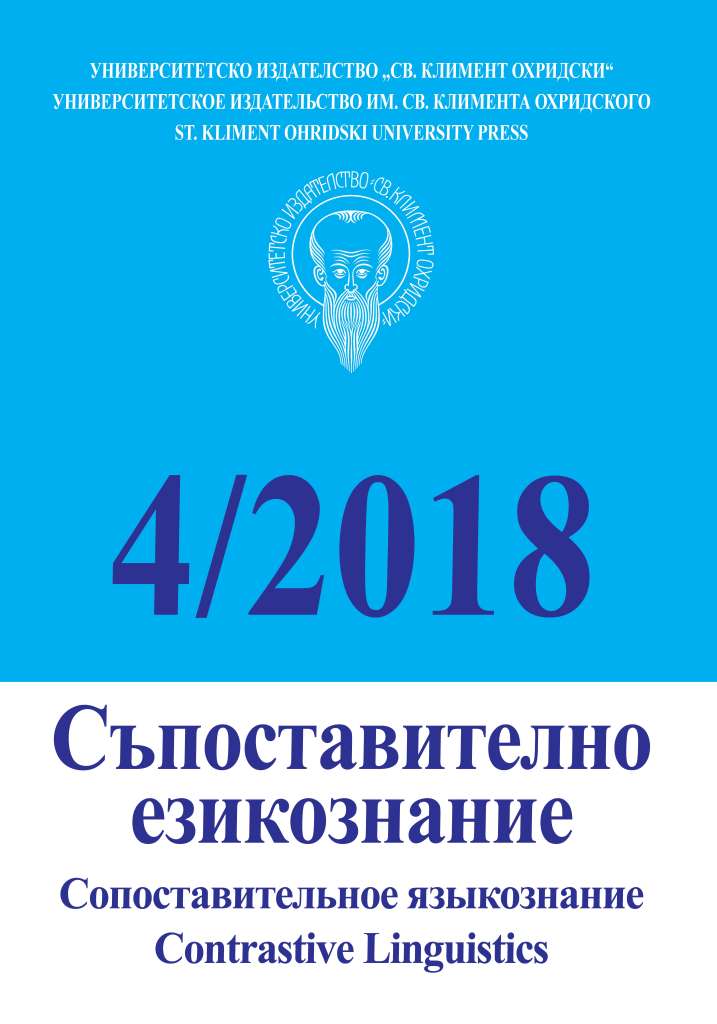Пива потопи себе
В настоящей работе мы попробовали сохранить память о всех именуемых пунктах, попавших в затопление водохранилища, построенного в 1975 году, когда река Пива в своем верхнем течении запружена плотиной Мратинье – одной из самых высоких в Европе (220 м). В результате возникшее «Пивское озеро», длиной с 45 километров, затопило не только большую часть великолепного каньона Пивы, а и каньоны ей притоков Комарницы, Вербницы, Буковицы и Синьца, вместе с городком Плужине и окрестными деревнями (Магуде, Градац, Крстац, Миоч, Крушево, Сињац). Таким способом уничтожены между прочим многие памятники природы: луга, ручья, источники, в том числе минеральные, на пример Илиджа. Самая главная достопримечательность области, Пивский монастырь, сооруженный в 16 веке, перемещен на новое место вместе со своей стенной росписью. На новом, более возвышеном месте, построен снова и городок Плужине, куда теперь приходят туристы, любуясь рукотворными красотами ГЭС «Пива» и Пивским озером, отличающимся чистотой горной воды синего и зеленого цвета.
More...
